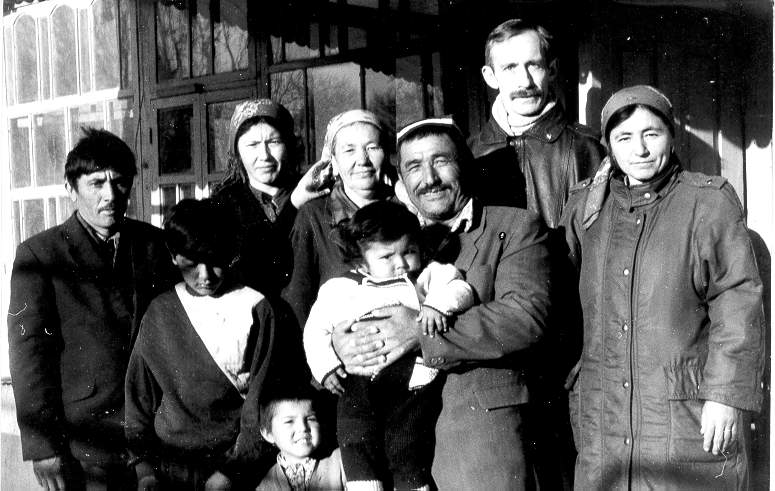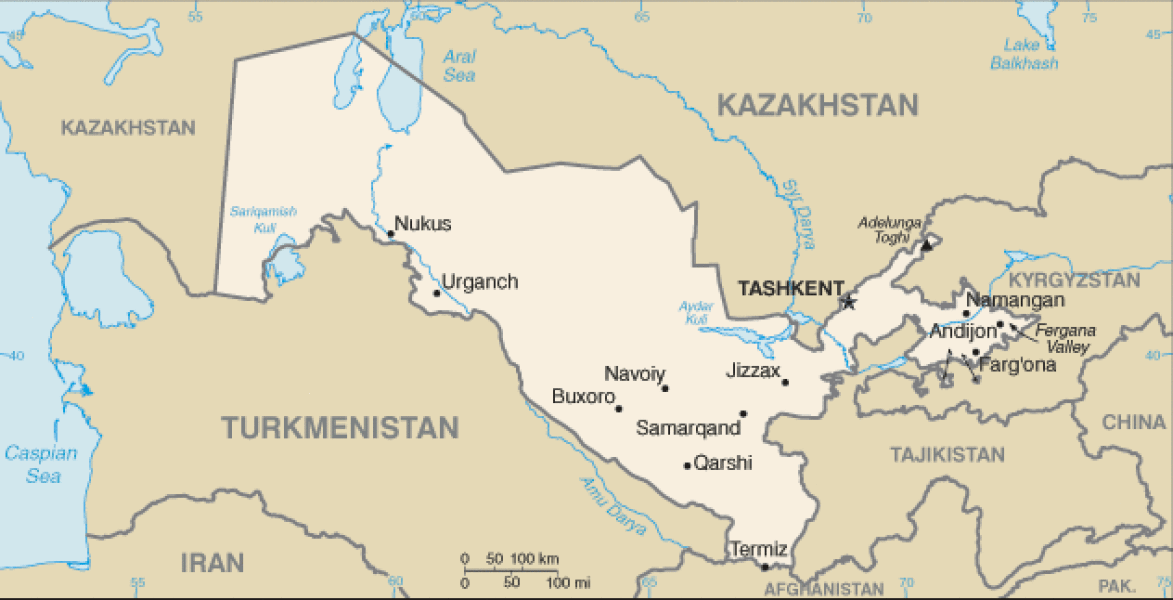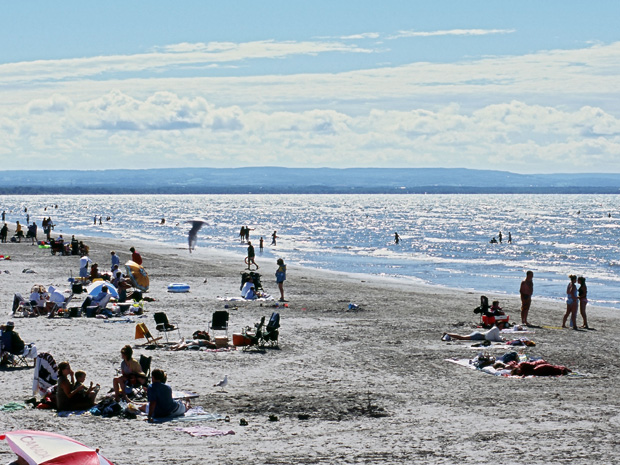 The weekend before I left, every moment I was thinking about the trip, imagining the long haul on the bike, neck pain, sweating, muscles operating at full capacity hour after hour, adventures, getting lost and found, a challenge with many rewards. Southern Georgian Bay is (or at least was) idyllic. Good farmland but not on the way anywhere, so still relaxed. Worth three days of biking, and accessible by bus for cyclists.
The weekend before I left, every moment I was thinking about the trip, imagining the long haul on the bike, neck pain, sweating, muscles operating at full capacity hour after hour, adventures, getting lost and found, a challenge with many rewards. Southern Georgian Bay is (or at least was) idyllic. Good farmland but not on the way anywhere, so still relaxed. Worth three days of biking, and accessible by bus for cyclists.
It wasn’t the same worry as 2 yrs ago from Kingston to Cornwall or the Orillia Gravenhurst jaunt, more just a delicious anticipation of the (reasonable) challenge. My search at couchsurfing: 5 requests, within an hour, an invite from Josh from Collingwood, my supposed destination. ‘I am teaching in Russia, but home for the summer.’ yes!
Everything went like clockwork till the usual ‘getting lost’ clicked in north of Barrie. But looking back, I realized I’d actually found a good route, avoiding the dreaded highway #26, stumbling on Horseshoe Valley road and eventually Flos rd 4 through the Minesing wetlands, the only road through, (wonderfully) forgotten, with a narrow one-lane rusty old bridge. The perfect bike route.

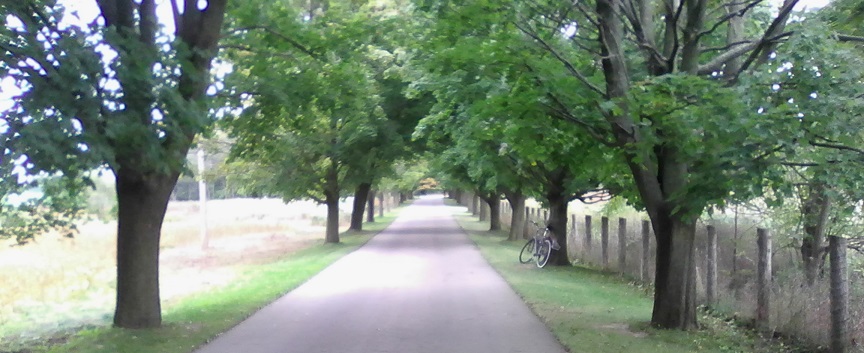
 The weekend before I left, every moment I was thinking about the trip, imagining the long haul on the bike, neck pain, sweating, muscles operating at full capacity hour after hour, adventures, getting lost and found, a challenge with many rewards. Southern Georgian Bay is (or at least was) idyllic. Good farmland but not on the way anywhere, so still relaxed. Worth three days of biking, and accessible by bus for cyclists.
The weekend before I left, every moment I was thinking about the trip, imagining the long haul on the bike, neck pain, sweating, muscles operating at full capacity hour after hour, adventures, getting lost and found, a challenge with many rewards. Southern Georgian Bay is (or at least was) idyllic. Good farmland but not on the way anywhere, so still relaxed. Worth three days of biking, and accessible by bus for cyclists.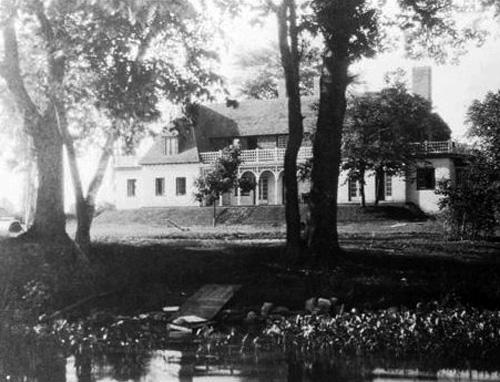 Toronto cyclists know how hard it is to get beyond the roller coaster nightmare of Toronto traffic to Elysium fields. Ok, dreary fields of GMO corn and soybeans, but it’s a step up from strip malls. Relying on The Canadian Cycling Association’s Complete Guide to Bicycle Touring in Canada (1994), I fashioned a trip to meet the litmus test:
Toronto cyclists know how hard it is to get beyond the roller coaster nightmare of Toronto traffic to Elysium fields. Ok, dreary fields of GMO corn and soybeans, but it’s a step up from strip malls. Relying on The Canadian Cycling Association’s Complete Guide to Bicycle Touring in Canada (1994), I fashioned a trip to meet the litmus test: